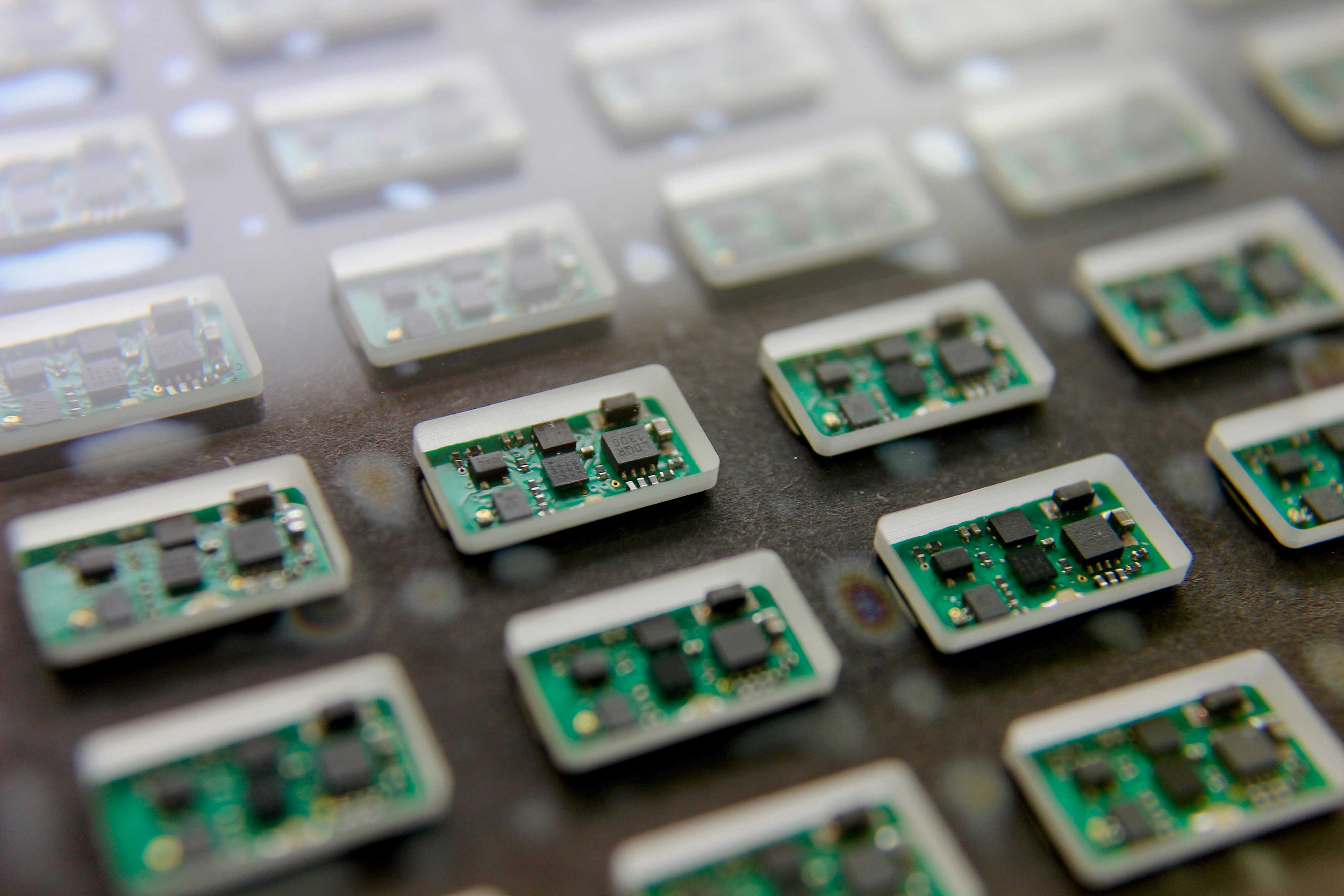
Stroke is one of the most common causes of disability. According to the Centers for Disease Control and Prevention, more than 795,000 people in the United States will experience a stroke every year. Strokes occur when blood flow to the brain is interrupted, due to either a blockage (ischemic stroke) or a ruptured blood vessel (hemorrhagic stroke). Blood normally delivers life-sustaining oxygen to the brain. But without that timely and constant delivery, the affected areas become damaged and can eventually result in disability or death to the individual. Survivors are often left with weakness or paralysis of their limbs.
Modest recovery restoring some of the lost brain function can occur naturally after a stroke. Researchers at TxBDC are using a FDA approved therapy for stroke called Targeted Plasticity Therapy (TPT) which uses vagus nerve stimulation (VNS) to enhance this natural neuroplasticity, specifically with the aim of increasing restoration of motor function lost due to stroke.
Stimulation of the neck’s vagus nerve releases chemicals in the brain that strengthen active connections that may have been damaged by the loss of neural input after a stroke or trauma. TPT involves pairing VNS with stimuli such as touch or movement in the hopes of drive specific forms of beneficial plasticity.
This targeted plasticity could be used to restore lost functions. As the patient’s condition improves, a new brain region could gain the ability to generate the impaired movement. Vagus nerve stimulation delivered during physical therapy has the potential to drive plasticity, accelerating recovery.
In 2014, TxBDC was awarded a grant from the National Institutes of Health to test the effectiveness of using TPT with VNS to enhance recovery from stroke in an older population. Specifically, our researchers are examining changes in dendrites, the part of nerve cells in the brain that receives signals from other neurons. We are focusing on the motor cortex region of the brain that controls upper limb (arm) function.
NeuroRehabilitation: Vagus nerve stimulation paired with tactile training improved sensory function in a chronic stroke patient
Stroke: Vagus Nerve Stimulation Enhances Stable Plasticity and Generalization of Stroke Recovery
Dallas Morning News: FDA approves stroke rehabilitation therapy created at UT Dallas
UT Dallas News Center: FDA Approves Stroke Rehabilitation Therapy Created at UT Dallas
MD News:
Vagus Nerve Stimulation Assists in Stroke Recovery
UT Dallas News Center: Vagus Nerve Stimulation Boosts Post-Stroke Motor Skill Recovery
UT Dallas News Center: Grant Enables Researchers to Continue Studying Stroke Recovery
News Medical: UT Southwestern testing Vivistim System device in stroke patients
UT Dallas News Center: Bioengineering Professor Recognized for Stroke Recovery Research
Fox 9 News: New Trial Showing Promising Results for Stroke Victims
Our goal is to fund the next phase of Targeted Plasticity Therapy to treat stroke and to dramatically reduce the cost to deliver this therapy to patients. SUPPORT TxBDC >>
Texas Biomedical Device Center
© 2016 The University of Texas at Dallas
800 W. Campbell Road | Richardson, Texas 75080 | 972.883.7245 | [email protected]
DONATE TO TxBDC | SUBSCRIBE TO OUR NEWSLETTER | TxBDC INTRANET